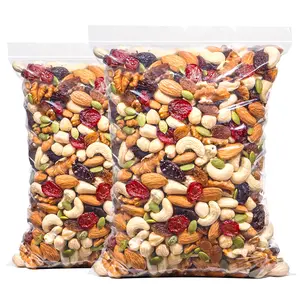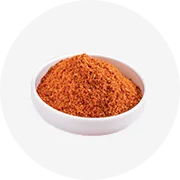Introduction to Using Peanut Shells
Peanut shells, often discarded as waste in the food industry, are gaining recognition for their versatile applications and eco-friendliness. When used effectively, peanut shells can serve a variety of purposes across multiple sectors, from gardening to construction. By exploring the many ways to use peanut shells, businesses can reduce waste while taking advantage of a sustainable resource.
Types of Uses for Peanut Shells
- Agricultural Applications: Peanut shells can be utilized as mulch and soil amendment, enriching the soil with organic matter and improving moisture retention.
- Animal Bedding: The fibrous texture of peanut shells makes them an excellent choice for bedding material in livestock and poultry. They provide comfort and absorb moisture effectively.
- Composting Material: Incorporating peanut shells into compost bins helps create nutrient-rich compost, promoting beneficial microbial activity.
- Biofuel Production: Peanut shells have potential as a biomass fuel source, providing sustainable energy alternatives in power generation.
Functions and Features of Using Peanut Shells
- Natural Insulation: The hollow structure of peanut shells provides insulation, making them useful in construction and packaging to protect temperature-sensitive items.
- pH Neutral: Peanut shells are neutral in pH, making them suitable for a variety of soil types without altering their acidity levels.
- Durability: When properly processed, peanut shells are resilient, capable of withstanding various environmental conditions.
- Lightweight and Versatile: Their lightweight nature allows for easy transportation and use in bulk, whether in agricultural or manufacturing processes.
Safety and Quality Considerations for Using Peanut Shells
- Non-Toxic and Safe: Peanut shells are a natural, non-toxic material, making them safe for animals and humans alike in applications like bedding and landscaping.
- Quality Control: Ensure that peanut shells are sourced from trusted suppliers to avoid contamination with harmful substances or molds.
- Environmental Impact: Utilizing peanut shells contributes to reduced landfill waste, thereby enhancing environmental sustainability by recycling an underutilized resource.
- Proper Management: When using peanut shells in gardening or landscaping, it’s essential to manage their application appropriately to prevent any potential pest attraction.
How to Use Peanut Shells Effectively
- As Mulch: Spread a layer of peanut shells around plants to suppress weeds and retain moisture.
- For Composting: Mix peanut shells with green waste in compost bins to speed up decomposition while adding valuable carbon content.
- Animal Bedding: Use shredded peanut shells as bedding, ensuring they are clean and free from contaminants to maintain animal health.
- In Crafts and Projects: Peanut shells can be used in DIY projects, such as home décor or as biodegradable packing material for fragile items.
In conclusion, the potential uses for peanut shells are vast and varied, from enhancing agricultural practices to contributing to more sustainable construction methods. By harnessing this resource, businesses can not only reduce waste but also innovate new, eco-friendly solutions.







































































































































































































































































 浙公网安备 33010002000092号
浙公网安备 33010002000092号 浙B2-20120091-4
浙B2-20120091-4